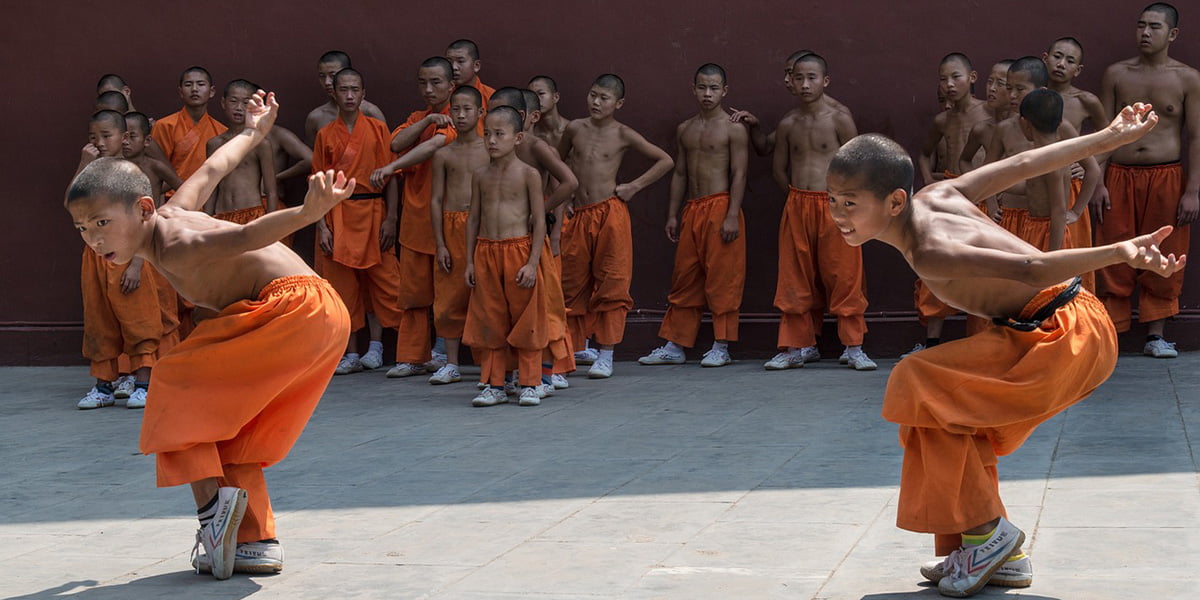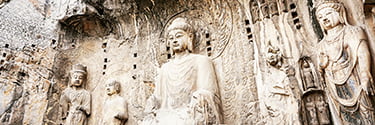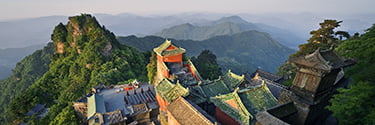Unlocking the Secrets of Traditional Chinese Medicine: A Journey to Health and Wellness
Have you ever wondered about the ancient wisdom that has sustained the health and well-being of the Chinese people for millennia? Traditional Chinese Medicine (TCM), a holistic approach to health, is a treasure trove of knowledge that has been practiced and perfected over thousands of years. In this article, we invite you to embark on a journey to explore the fascinating world of TCM, its key components, and how it intertwines with travel experiences across China’s diverse cities and landscapes.
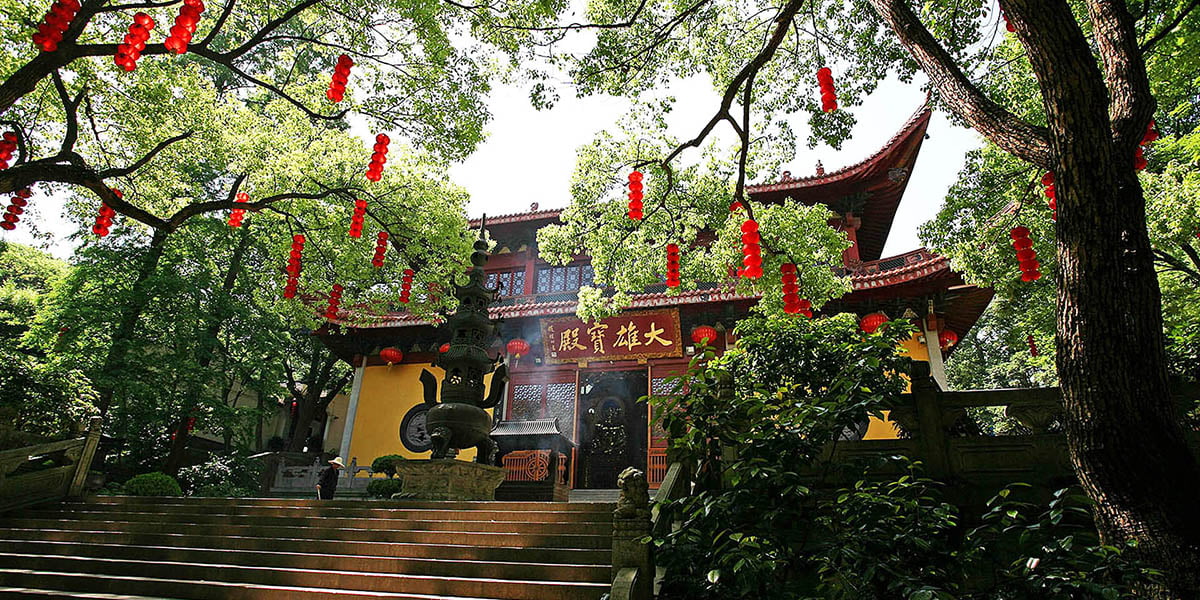
The Roots of Traditional Chinese Medicine
TCM is not merely a system of healing; it’s a way of life deeply rooted in Chinese culture and philosophy. Its origins date back to ancient texts like the “Huangdi Neijing” or “Yellow Emperor’s Inner Canon,” written over two thousand years ago. This foundational text laid the groundwork for TCM principles, emphasizing the harmony between humans and nature, the importance of balance, and the concept of vital energy, known as “qi” (气).
One of the core principles of TCM is the belief in the body’s innate ability to heal itself when given the right conditions. This holistic approach to health focuses on addressing the root causes of ailments rather than merely treating symptoms. TCM practitioners consider the interconnectedness of the body, mind, and spirit, seeking to restore harmony and balance.
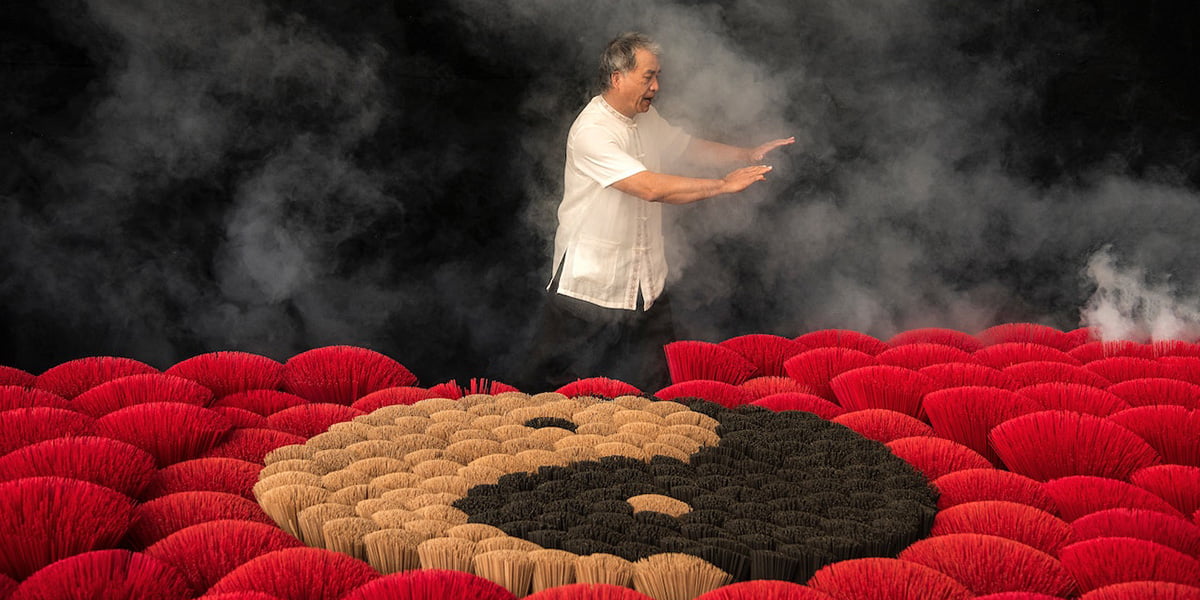
Key Components of Traditional Chinese Medicine
TCM encompasses a wide range of therapeutic modalities, each playing a vital role in maintaining health and preventing illness. Here are some of the key components:
- Acupuncture: Acupuncture involves the insertion of thin needles into specific points on the body to stimulate the flow of qi and restore balance. It is known for its effectiveness in pain management, stress reduction, and promoting overall wellness.
- Herbal Medicine: Herbal remedies are a cornerstone of TCM, with a vast pharmacopeia of herbs and plant-based substances. These natural remedies are prescribed based on an individual’s constitution and specific health concerns.
- Cupping Therapy: Cupping involves placing cups on the skin to create suction, promoting circulation and relieving muscle tension. It’s often used to treat conditions like back pain and respiratory issues.
- Tai Chi and Qi Gong: These mind-body practices combine gentle movements, meditation, and controlled breathing to enhance physical and mental well-being. They are often practiced in serene natural settings.
- Diet and Nutrition: TCM emphasizes the role of food in maintaining health. Dietary recommendations are tailored to individual needs, promoting balance through the consumption of various flavors and food temperatures.
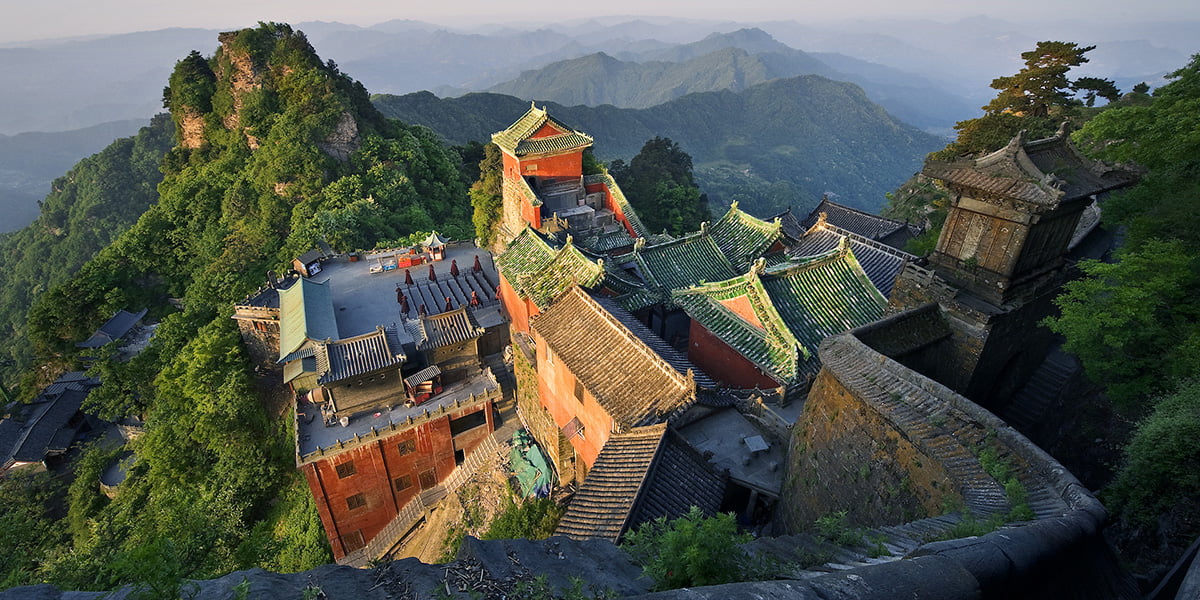
A Journey Through TCM Across China
As you explore the diverse landscapes and cities of China, you’ll find that TCM is an integral part of daily life. Each region has its own unique TCM practices and specialties, making it a fascinating aspect of travel.
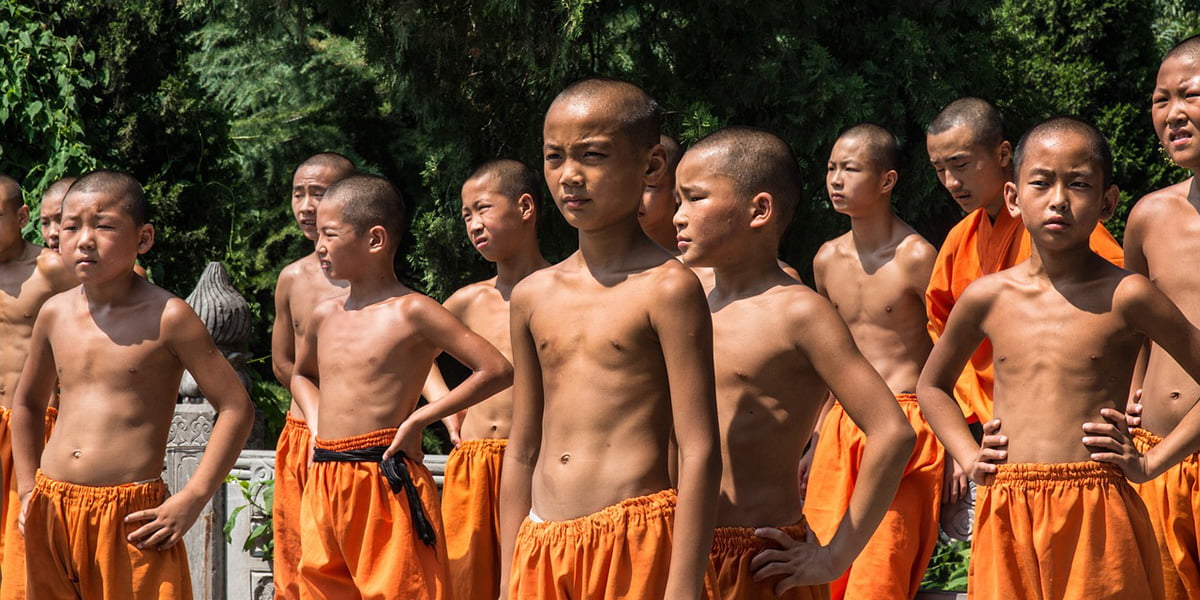
Beijing: Exploring the Roots of TCM
Begin your TCM journey in the heart of China, Beijing, a city steeped in history and culture. Here, you can visit traditional medicine markets, where local herbalists dispense remedies based on ancient knowledge passed down through generations. Don’t miss the chance to witness acupuncture treatments and learn about the power of herbal teas in boosting your immunity.
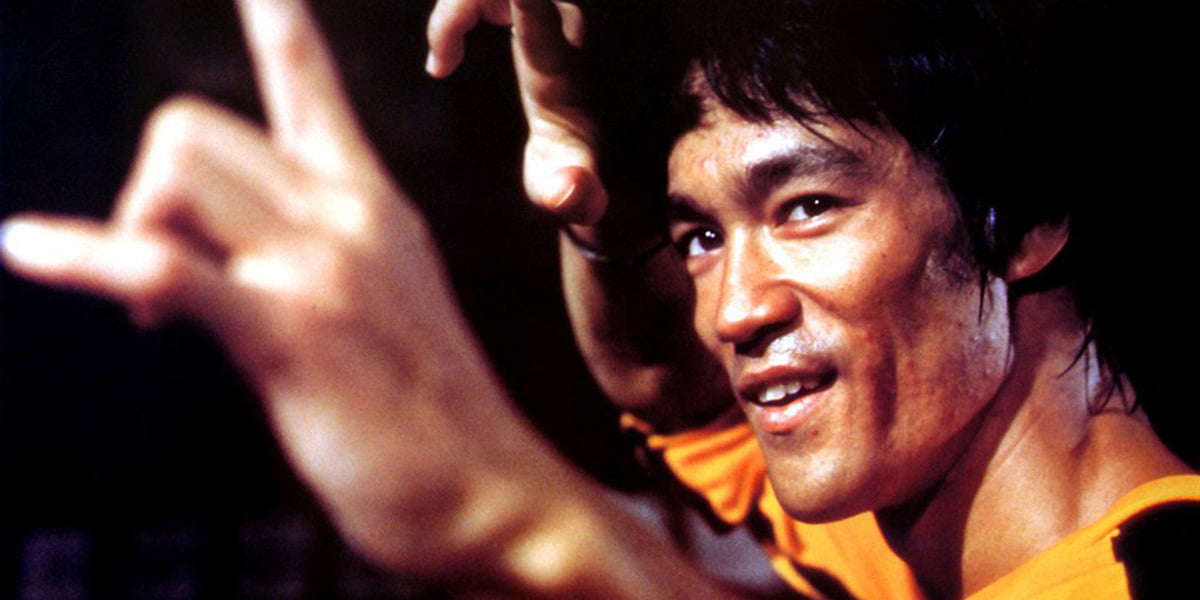
Shanghai: Modern Wellness with a TCM Twist
In Shanghai, a city known for its dazzling skyline and modernity, TCM has seamlessly integrated into contemporary wellness practices. Explore TCM-inspired wellness centers that offer acupuncture, herbal consultations, and therapeutic massages. You’ll discover that the ancient wisdom of TCM can complement your modern lifestyle.
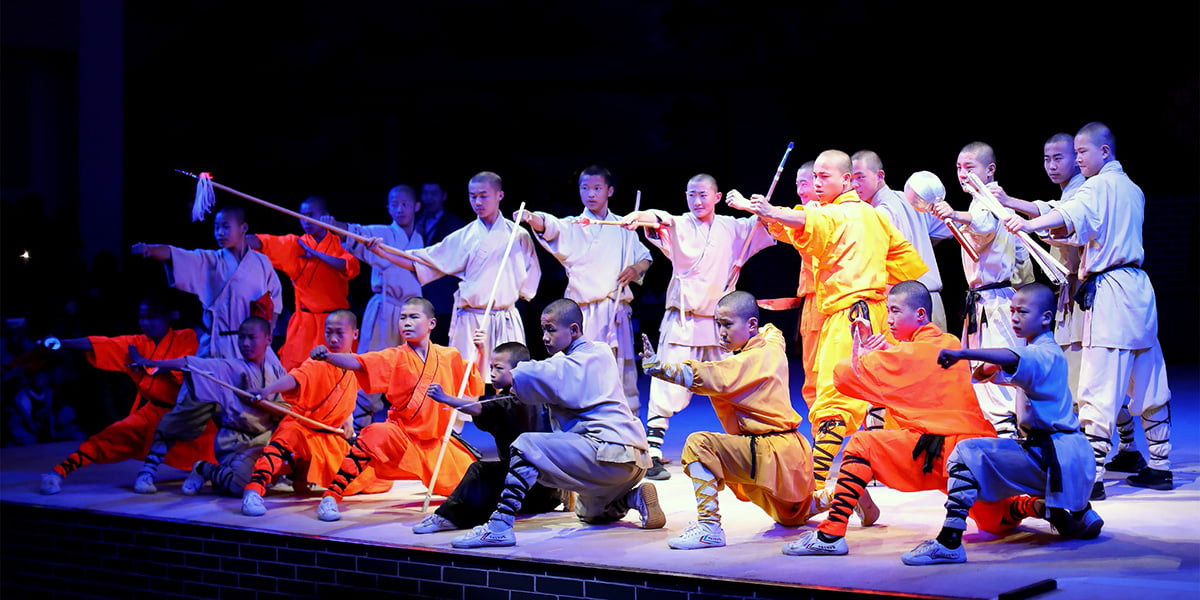
Guilin: Nature’s Healing Power
Head south to Guilin, renowned for its breathtaking karst landscapes. Here, TCM finds harmony with the natural world. Join a Tai Chi or Qi Gong session amidst the stunning scenery of the Li River, where the serene surroundings enhance the practice’s benefits. You can also explore local herb gardens to learn about the region’s unique medicinal plants.
Hangzhou: The Art of Tea and Health
Hangzhou, famous for its picturesque West Lake, is a TCM hub known for its tea culture. Take part in a traditional tea ceremony and discover the health benefits of various Chinese teas. Learn how TCM principles are applied to tea preparation and consumption, promoting wellness and balance.
Chengdu: Sichuan Cuisine and Herbal Remedies
Chengdu, the capital of Sichuan province, offers a tantalizing blend of spicy cuisine and herbal remedies. Savor authentic Sichuan dishes known for their invigorating properties, and explore local markets filled with herbal apothecaries. Engage in conversations with locals about the role of TCM in their daily lives, from culinary herbs to medicinal tonics.
Xi’an: The Cradle of Chinese Medicine
Xi’an, home to the world-famous Terracotta Army, has a rich history of TCM. Visit TCM clinics and hospitals to witness how ancient practices coexist with modern medicine. Discover the significance of TCM in maintaining the health and vitality of the local community.
Conclusion: Your Path to Holistic Health
Traditional Chinese Medicine is not only a healing system but also a philosophy that celebrates the interconnectedness of all aspects of life. As you journey through China, you’ll find that TCM is a living tradition that harmonizes with the nation’s diverse landscapes and cultures.
Whether you’re exploring bustling metropolises or serene natural wonders, TCM offers a profound insight into the Chinese way of life. It’s an invitation to embrace a holistic approach to health and wellness, enriching your travel experience as you discover the secrets of vitality and balance that have endured for centuries.


